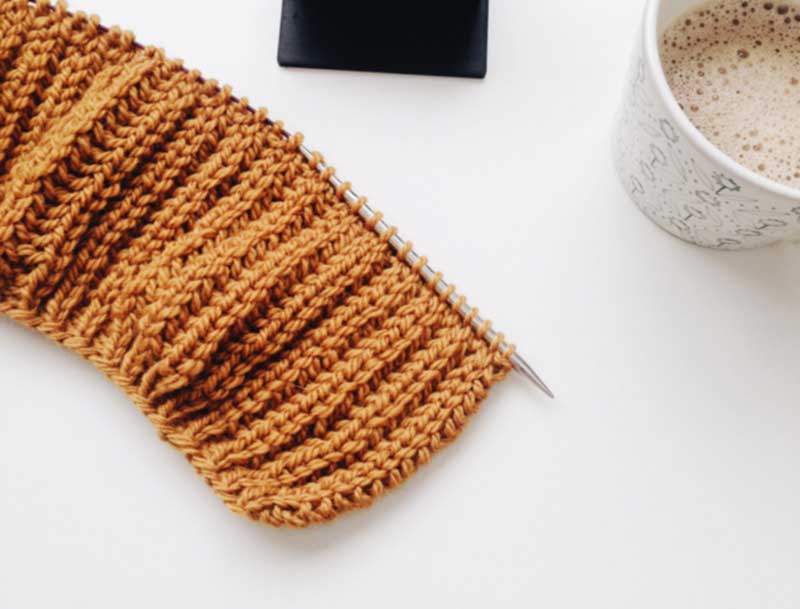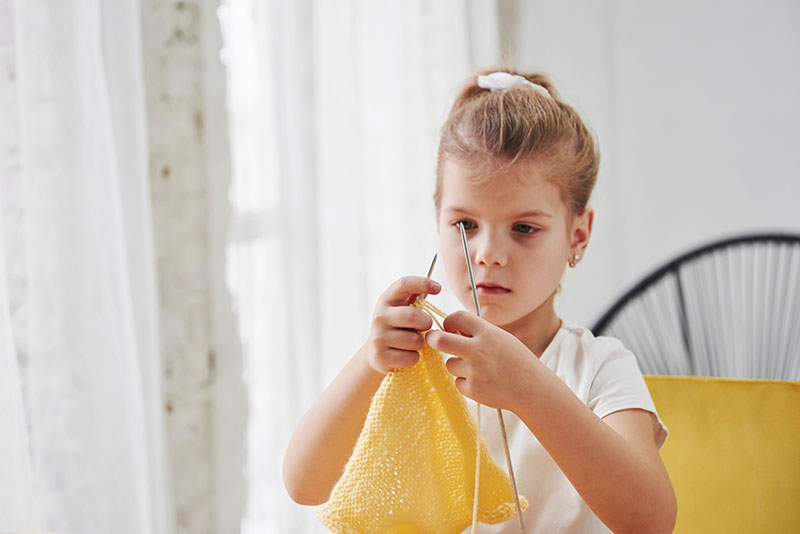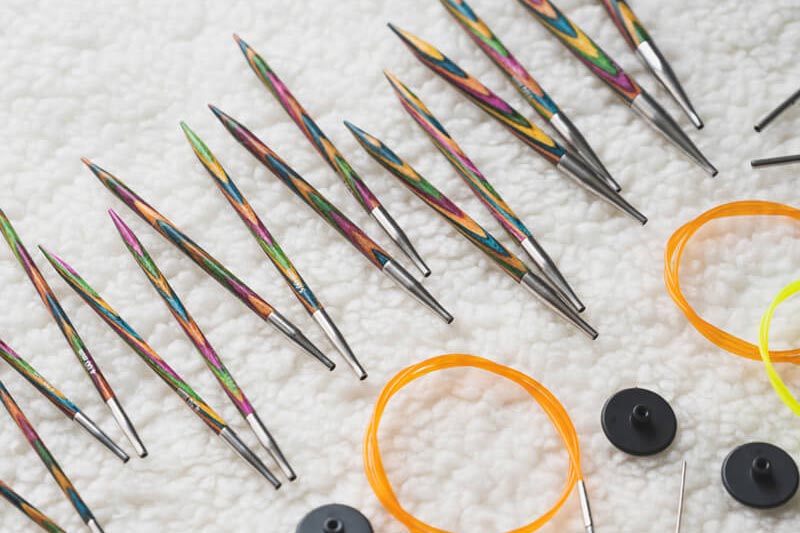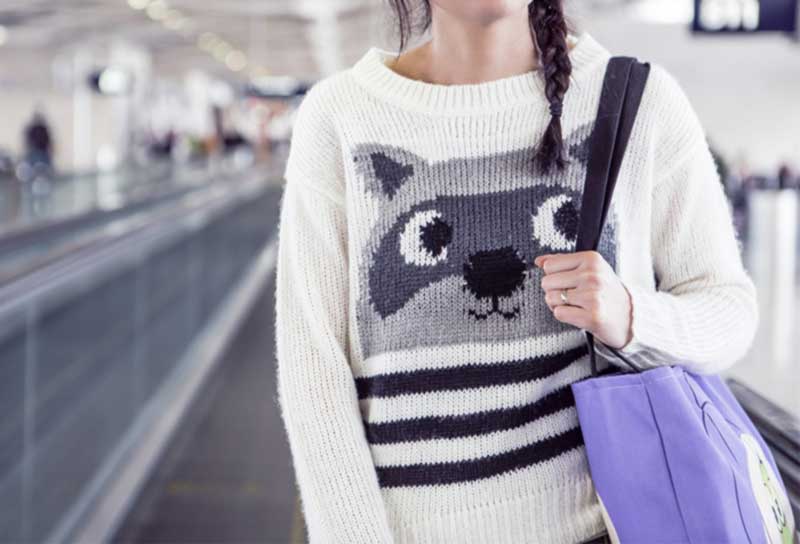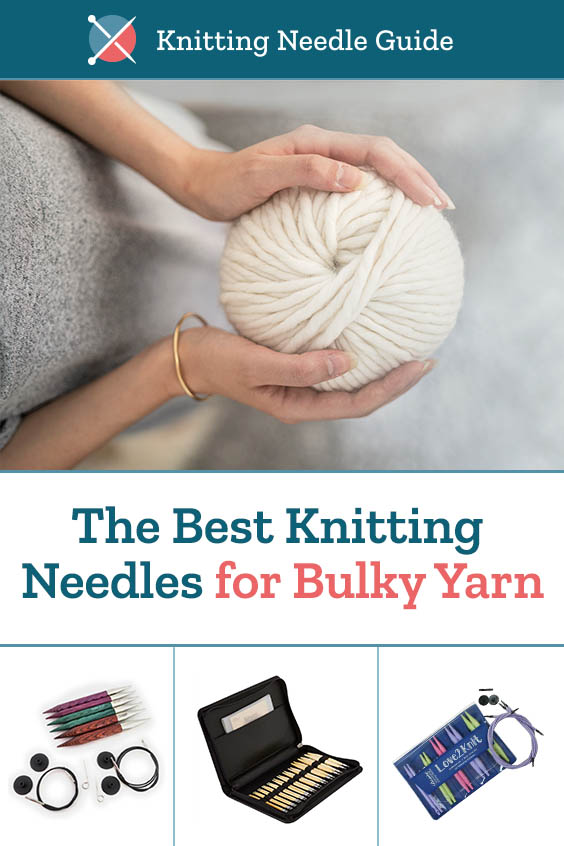Many knitters frequently choose projects that call for chunky, bulky, or super-bulky yarns because they knit up very quickly compared to finer gauge projects. What's less discussed is how important it is to choose the right knitting needle for thicker yarns, lest what might have been a “quick knit” become a “procrasti-knit”.
If you think it's just a matter of scaling up to a jumbo needle size when pairing with a chunky yarn, you might be surprised and just how much the wrong knitting needle can slow down an otherwise thick-and-quick project.
Which knitting needle sizes are Chunky, Bulky, Super-Bulky, and Jumbo?
It's important to note that it's the yarn, not the needles, that are grouped into categories like Bulky or Super Bulky, so there's always some overlap given the project's intended gauge. The knitting needles that are typically used with bulky and chunky yarns are US9-US11, while super bulky yarns are commonly paired with US11-US17. Extra thick jumbo yarn requires even larger knitting needles, usually between US19 and US50. Our favorite bulky yarn for most projects is Natural Blend Bulky Yarn Bundle - Ecru by Crafter's Box. We also like their super chunky Merino wool yarn for arm knitting projects.
Here's an abbreviated version of our conversion table of Complete Knitting Needle Equivalent Sizes Chart with additional columns showing the different yarn weights and how they overlap with knitting needle sizes.
Knitting Needle Sizes for Chunky, Bulky, Super Bulky, & Jumbo Yarn Weights
| Yarn Weight | WPI* | US size | Metric size | UK size |
|---|---|---|---|---|
| Bulky or Chunky | 7 | US9 | 5.5mm | UK5 |
| Bulky or Chunky | 7 | US10 | 6.0mm | UK4 |
| Bulky or Chunky | 7 | US10½ | 6.5mm | UK3-2 |
| Bulky or Chunky | 7 | US10¾ | 7.5mm | UK1 |
| Bulky, Chunky, or Super Bulky | 6-7 | US11 | 8.0mm | UK0 |
| Super Bulky | 5-6 | US13 | 9.0mm | UK00 |
| Super Bulky | 5-6 | US15 | 10.0mm | UK000 |
| Super Bulky | 5-6 | US17 | 12.0mm | -- |
| Jumbo | 0-4 | US19 | 16.0mm | -- |
| Jumbo | 0-4 | US35 | 19.0mm | -- |
| Jumbo | 0-4 | US36 | 20.0mm | -- |
| Jumbo | 0-4 | US50 | 25.0mm | -- |
| Jumbo | 0-4 | US65 | 30.0mm | -- |
| Jumbo | 0-4 | US85 | 35.0mm | -- |
*WPI stands for "Wraps Per Inch" and is a count of how many parallel wraps of yarn fit around one inch of a knitting needle. It is not dependent on the knitting needle size, but the thickness of the yarn itself.
What makes a good knitting needle for bulky yarn?
Ultimately, a knitter's comfort is of utmost importance when choosing knitting needles for thick, chunky yarns. These yarns usually require larger needle sizes which don't fit in the hand as naturally as mid-range needles. So whether you're making a pouf, a blanket, or some throw pillows, keep these tips in mind:
1. Size matters (no, really!)
The larger the knitting needle, the more awkward it is to manuever in your hands for a long time. Most knitters find their hands fatigue sooner using larger knitting needles than smaller ones, so it's important to find a knitting needle you can use comfortably for more than a few minutes.
Some knitting needle materials have a subtle flexibility that make them more comfortable to hold for extended periods, especially at larger sizes. More rigid knitting needle materials often leave hands sore after continued use.
2. It always comes back around to circulars
A circular needle is generally more portable and comfortable to use than a pair of traditional straight needles in every kind of project because the circular cable itself is much lighter and more flexible. Because projects knitted with bulky or super bulky yarn can become very heavy very quickly, knitting needles for bulky yarn must be sturdy, yet still be lightweight and maneuverable — and circular needles fit the bill.
When it comes to choosing a type of knitting needle for bulky yarns, it’s best to opt for circular knitting needles — even if you typically use straight ones.
3. Put away the points
It may seem counter-intuitive when knitting needles for very thick yarn are so large to begin with, but it's not important to have a super sharp tip. In fact, an extremely sharp point can even make it more difficult to work with bulky yarn, as it’s quite easy to inadvertently stab or split such thick yarn with a pointy tip while making a stitch. When working with chunky or loosely spun yarns, we recommend as blunt a tip as you can reasonably use. Most metal knitting needles have sharp pointy tips, which are excellent for sock knitting, but terrible for thicker yarns.
All together, if you want the best knitting needles for chunky knits, you should find a set of lightweight, flexible, circular knitting needles with a medium amount of grip and rounded rather than ultra-sharp points. We've selected our three favorites below, depending on your gauge or fiber choice.
Bamboo knitting needles have good grip for chunky knits
Bamboo knitting needles are more flexible than other needles, which comes in handy (pun intended) when you’re working on a heavy project. They also have slightly more “grab” than other knitting needles and work well for thicker yarns spun from smooth fibers like cotton, silk, linen, and rayon. Bamboo is also an incredibly lightweight material, which is important once you get more than a few rows into your project.
Knitting needle manufacturer Clover makes a set of interchangeable bamboo needles with quite tapered tips that are precise without being too sharp, making easy work of bulkier lace or cable patterns. This 12-size set includes needle sizes up to US15, covering all of the typical Bulky or Chunky yarns and most of the Super Bulky weights. The texture of these Clover Takumi bamboo needles keeps stitches from slipping off the needles by accident.
Although bamboo is the most 'grippy' of knitting needle materials, the Clover Takumi bamboo needles are our pick because they have a polished, smooth finish that won’t snag fine or halo fibers in yarns containing mohair, alpaca, and angora.
We think the quality of the Takumi set is unmatched by any other bamboo knitting needle manufacturer, and recommend them for knitters who knit loosely or with very slippery yarns and need as much grip as possible. The Clover Takumi knitting needles are also widely available in sizes appropriate for chunky and bulky yarns.
Of all the knitting needle materials, bamboo is the lightest and also the least durable — so if you're prone to very tight knitting or working at an extremely dense gauge, you may want to choose a sturdier knitting needle material.
Densified hardwood needles for the biggest bulky projects
Wood knitting needles are not quite as grabby as bamboo needles while not as slippery as typical metal needles, making them a wonderful choice for both natural and acrylic yarns. Like bamboo knitting needles, wood needles are easy to find in large and extra large sizes, and the best are polished to remove any roughness that might create snags.
Wooden needles — especially the densified ones — are better to use if your project is going to be very heavy or very large by the end, as the needles are stronger and less prone to breaking than bamboo knitting needles.
Sturdy hardwood knitting needles in the most common chunky sizes
We really like the Knitter’s Pride Symfonie Dreamz Interchangeable Chunky Set, which come in the three most common sizes used with chunky and super-bulky yarns — US13, US15, and US17 — with three different lengths of cables from 24" to 40". This set is also distributed under the brand name KnitPro Symfonie Interchangeable Chunky outside the US in slightly different wood stains. KnitPro and Knitter‘s Pride are the same manufacturer, sold under different labels in the EU and US, respectively.
The Symfonie Dreamz needle tips are made from densified, laminated birch wood. During the “densification” process, the harvested birch wood is treated with a specific chemical fluid and then compressed at a high temperature, leaving the wood not only much thinner and denser than it originally was, but also much stronger. An added aspect of the compression treatment is that the wood’s potential water absorption from the surrounding air is negligible, so that even years later, the needles maintain their shape and texture (though we don't suggest soaking your needles or leaving them in especially humid environments).
This super-dense property of the wood allows the points to be sharpened and polished to a precision tip and a snag-free finish, so that you don’t have to worry about loose or fuzzy yarns getting snagged as you work. The finish on these wood knitting needles still has a slight bit of “grab” to it. While the “grab” would not perceivably slow you down while you’re working, it is ideal for settling into a comfortable knitting rhythm with bulky yarns and large projects.

If you’re looking for jumbo wooden knitting needles, look no further than the Symfonie Dreamz' extra-large cousin, the KnitPro or Knitter's Pride Jumbo Birch Basix needles, available in up to size US85!
Flexible acrylic knitting needles for smooth yarns or cabled projects
Acrylic knitting needles are usually made from plastic or a plastic-resin mixture. They weigh about the same as bamboo or wooden knitting needles, although the larger needles used for super bulky and jumbo yarn may start to feel uncomfortably heavy on large projects.
Compared to wooden or metal knitting needles, acrylic knitting needles are quite grabby, which does make them a good choice for looser, slippery yarns but a poor choice for wooly, synthetic, or acrylic which would "stick" to the needle far too much to be easy to work with.
If you’re considering an acrylic needle, it's especially important to know your own knitting tension. For example, if you're already a tight knitter, increasing the drag on your stitches by switching to acrylic knitting needles may cause your tension to gradually become tighter and tighter. However, if your tension is usually very loose (even when using famously grabby yarns such as acrylic or acrylic blends), using acrylic needles can help you to tighten it up without having to go down a needle size or two.
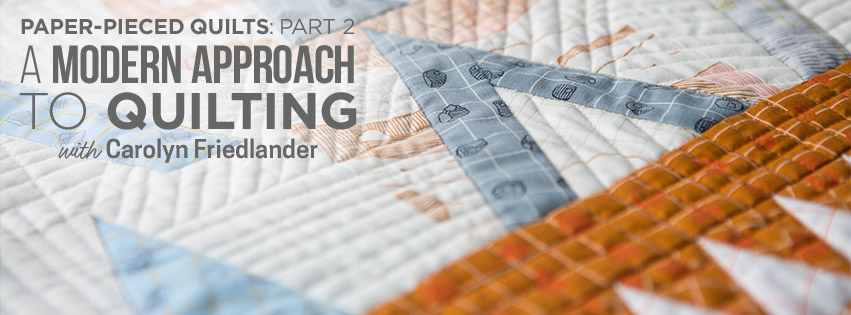
Although acrylic needles do “grab” at fuzzier fibers, this effect should not be confused with low quality on the part of the manufacturer. Rather, this particular characteristic of acrylic needles lends itself well to slower knitting. Cables and finer, more precise stitch work may also prove easier to do (especially for those just starting out) with acrylic knitting needles such as the Denise needles, which we also recommend in our guide to the best knitting needles for beginners.
A five-size set for super bulky knits
An old school American-made favorite since the 1970's, Denise’s acrylic resin interchangeable knitting needles are also available in most of the larger sizes needed for bulky yarn. The Denise Love2Knit Interchangeable series range of pastel and bright-colored interchangeable knitting needles are perfect for those who either like working with acrylic knitting needles or are working with slippery acrylic yarn that requires some “grab”.
The compact sets of Denise needles like this one containing 5 sizes from US10 through US15 — are a great option for those who are new to knitting and unsure about investing in a larger size. If you already have a full set of Denise Interchangeables like the ones we recommend in our guide to the best knitting needles for beginners, you can save money and buy just the US17 and US19 tips) for working with super bulky yarn.
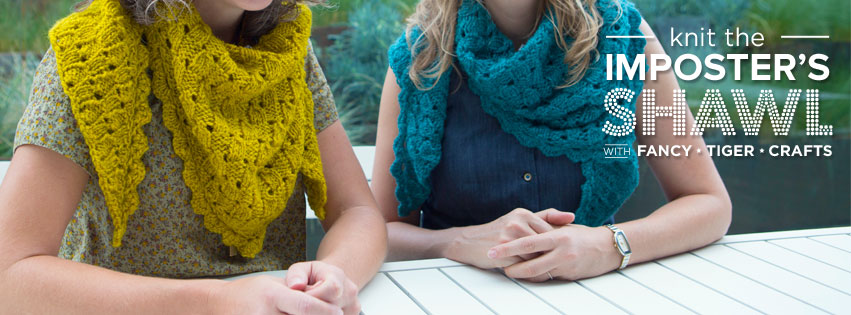
Unlike other interchangeable sets, the Denise knitting needles simply clip onto the cables and no additional tightening screws or keys are necessary, and the joins of the needle tip and cable line up when the cable is attached, making it easy to move the stitches around without the yarn getting snagged. The cables are not as flexible or thin as some higher-end cables like Addi or ChiaoGoo, but for bulky yarn projects, the thickness of the cable is much less of an issue.
Because the entire knitting needle is made from acrylic resin, the Denise needles have some flex from tip to tip, which is not found in wooden or metal knitting needles.
Avoid heavy metal knitting needles (except in special cases)
Metal knitting needles are often chosen for their smooth and “slippery” quality, allowing stitches to glide effortlessly on and off the tips. The points of the metal knitting needles are often very sharp, making them perfect for ultra-fine or precise work like lace knitting or when trying to knit as fast as possible. These characteristics which make metal knitting needles so popular for many projects alo make them a disastrous choice for bulky or chunky knits.
Because metal needles allow the stitches to glide so easily, they're prone to making someone knit too loosely — especially if the yarn is also very smooth, such as silk, linen, or cotton. When paired with bulky or chunky yarns, we'd only recommend metal needles for knitters who are trying to correct extremely tight tension issues, working in a very dense knitting gauge, or using a sticky acrylic or acrylic-blend yarn.
Most metal knitting needles failed to impress us on projects where the combined weight of the needles and the project grew rapidly.
Besides their uncomfortable weight and utter inflexibility, metal knitting needles often have points that are too sharp to be safe to use with splitty or fuzzy yarn, which are common characteristics of chunky and bulky yarn weights.
Unless you're actively correcting for tight tension, gauge, or sticky yarn, we can't recommend using metal knitting needles larger than US11 for projects requiring bulky yarn for as the weight and repetitive motion causes discomfort and even pain when knitting for any significant length of time.

The only metal knitting needle we would consider using for chunky yarns is the Addi Turbo Click series, which has a very rounded, if blunt, tip. These needles are hollow and relatively lightweight, and we recommend the standard set of sizes in our guide to the best interchangeable knitting needles as an all-around workhouse knitting needle. We still think you won’t find the needles particularly comfortable for super bulky knits — and the recommended kit only has sizes up to US15 — but hopefully your project will get finished quickly on such smooth needles and you'll be able to transition to a more comfortable setup sooner.
Finally, there's always the option to knit with no needles at all! Check out this online class and workshop for arm-knitting a blanket hosted by the Crafter's Box.
Carin Marais is a bilingual copywriter for a wide variety of digital and print channels. With a love of research and learning, she writes on subjects as diverse as hobbies (especially her own hobbies of knitting, crochet, and embroidery), health, finance, mental health and mindfulness, and pets. More of her work can be read at www.maraiscarin.com.





